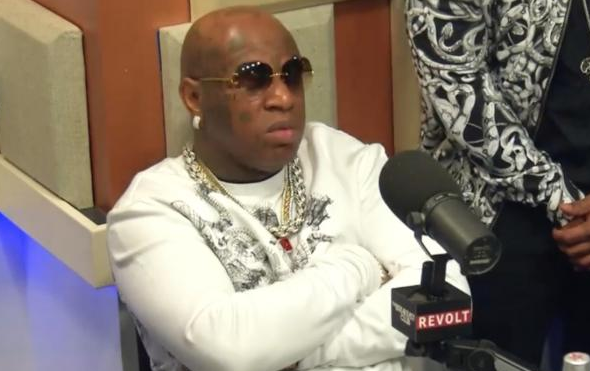I came up in the old school from a generation where you didn’t even know your teachers’ first names. You also didn’t dare cross any line in terms of speaking to that teacher as if you were on the same level. We put up our hands when we wanted to talk. A lot of things have changed since then: the boundaries between teacher and friend have been blurred through contemporary attempts to “revolutionize” schooling combined with how society has evolved. Some of my students follow me on Instagram and will ask me questions during class like they actually know me as Matthew and not “Mister Morris”. But even with the openness that society has fostered, my students never disrespect my name – they never cross that line. This is not because they automatically give me respect due to my position of authority. This is because I’ve warranted their respect as their teacher.
It seems like a simple enough concept in itself. As a teacher, you have to earn respect in order to get respect. It works in all walks of society so school is really no different. I’ve mentioned in the past that the one thing no teacher has to worry about is our students’ fundamental understanding that the adult standing in front of the room talking is the “teacher” and will subsequently have some sort of automatic leverage over students, but what I’ve learned over my years in the classroom is that “teacher” and “authority figure” are not synonymous.
It is a good thing that our society has become more critical as a whole. We openly question politicians and laws and norms. This societal mood has inevitably spilled into a culture of school children that question exactly why they are learning what they are learning and even the value of a post secondary degree. This is good. And as educators, and adults, we should be prepared to answer these questions to the best of our insights and experiences. But the flip side of this trend is that the reverence of “the teacher” is no longer tangible. Students openly questioning why they are getting math sheet after math sheet, day after day, is not dissent, it is critical thinking (ironically, “critical thinking” is one of the 21st century skills we are trying to foster). Inappropriate behavior is a function of many things: student disengagement, immaturity, a schism between teaching styles and learning styles, and such. As teachers, we ought to investigate the triggers to that inappropriate behavior and attempt to alter it. This happens through communication with students, even if it means stopping a learning moment to engage in a life moment. We simply cannot say, “they did not do what I said” and write off a bunch of children as “bad seeds”. We get paid good money to do a whole lot more than that.
I am admittedly one of the worst elementary sports coaches I’ve ever seen in my life. Sports came naturally to me and I do not understand how to break down basketball or football or volleyball I.Q. to kids who simply “don’t get” sports as easily as I do. But I know this and constantly work to improve on my “teaching”, understanding that our poor performances are more on the fault of me as a coach than on them as student athletes. Some of us never acknowledge nor reflect upon this possibility in the classroom. There are math teachers walking around with two master’s degrees in the field that cannot teach 12-years-olds how to calculate the area of a trapezoid. And when the students either “don’t get” the math or aren’t interested in the lesson, these same teachers blame the students. Yo, they made mirrors for a reason.
You want respect – you’ve got to earn it. You want respect? You have to establish it. Respect is required in my classroom, but that is because I both implicitly, and when I have to, explicitly, make it a requirement. This ain’t 1950; students aren’t walking into schools wearing blazers and ties, sitting in rows, and walking through the hallways as a class in a single file line just because “that’s the way it is”. If you are not getting respect in your own classroom you may want to look at your own practice as a “teacher” and really examine the quotations around that word teacher before you start blaming kids for being the problem.
[share title=”Share this Post” facebook=”true” twitter=”true” google_plus=”true”]

